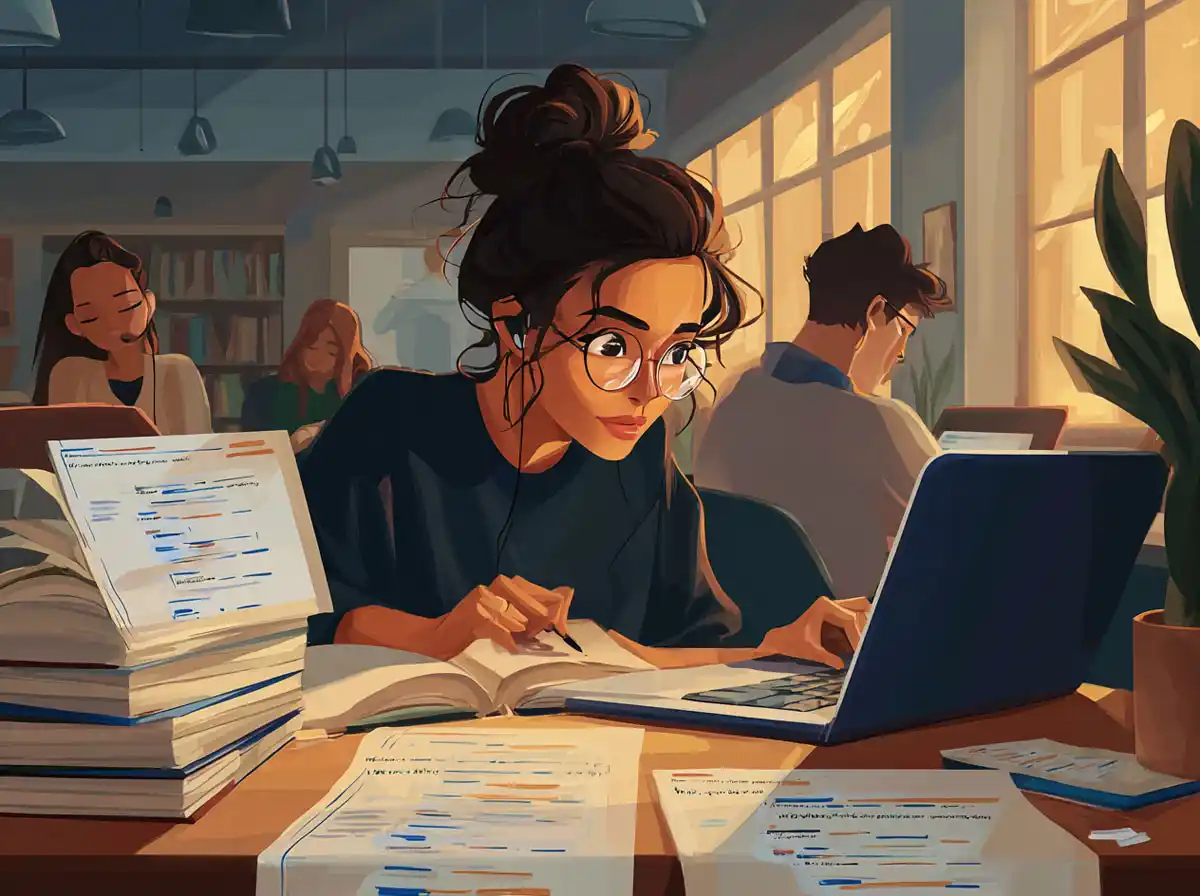Understanding the Importance of Talking About Past Vacations in Galician
Discussing past vacations is a practical way to practice past tenses and expand your vocabulary with relevant terms related to travel, accommodation, food, and activities. For language learners, this topic is highly engaging because it connects personal experiences with cultural nuances, making the learning process more memorable.
– Cultural Relevance: Galicia has a rich history and stunning landscapes, from the Rías Baixas to the Santiago de Compostela pilgrimage route. Describing vacations in Galician allows learners to immerse themselves in regional identity.
– Language Practice: Using past tenses like the preterite (pretérito perfecto simple) and imperfect (pretérito imperfecto) enhances grammatical accuracy.
– Vocabulary Expansion: Words related to travel, weather, food, and common activities enrich conversational skills.
– Conversational Fluency: Sharing stories about vacations encourages spontaneous dialogue and boosts confidence.
Key Grammar Concepts for Describing Past Vacations in Galician
Mastering the grammar used to describe past events is crucial. Galician employs two primary past tenses to narrate past experiences:
1. Pretérito Perfecto Simple (Simple Past)
This tense is used to describe actions completed at a specific point in the past.
– Example: “Fun á praia o verán pasado.” (I went to the beach last summer.)
– Conjugation Example (verb “ir” – to go):
– Eu fun (I went)
– Ti fuches (You went)
– El/Ela foi (He/She went)
– Nós fomos (We went)
– Vós fostes (You all went)
– Eles/Elas foron (They went)
2. Pretérito Imperfecto (Imperfect Past)
This tense describes habitual actions in the past or sets the scene.
– Example: “Cando era pequeno, sempre ía á montaña nas vacacións.” (When I was little, I always went to the mountains on vacation.)
– Conjugation Example (verb “ir” – to go):
– Eu ía
– Ti ías
– El/Ela ía
– Nós íamos
– Vós íades
– Eles/Elas ían
3. Using Past Participles and Compound Tenses
Galician also uses the perfect tense (pretérito perfecto composto) with the auxiliary verb “ter” plus the past participle to indicate actions connected to the present.
– Example: “Teño visitado moitos lugares en Galicia.” (I have visited many places in Galicia.)
Essential Vocabulary for Describing Past Vacations
Building a rich vocabulary related to vacations helps express detailed experiences. Below are key thematic categories with example words:
Travel and Transportation
- Viaxar (to travel)
- O avión (plane)
- O tren (train)
- O coche (car)
- O barco (boat)
- Alugar un coche (to rent a car)
Accommodation
- O hotel (hotel)
- A casa rural (rural house)
- O albergue (hostel)
- A habitación (room)
- O camping (campground)
Activities and Experiences
- Visitar museos (to visit museums)
- Ir á praia (to go to the beach)
- Facer sendeirismo (to hike)
- Probar comida típica (to try typical food)
- Explorar cidades (to explore cities)
Weather and Environment
- O sol (sun)
- A chuvia (rain)
- O vento (wind)
- A temperatura (temperature)
- O mar (sea)
Useful Phrases for Narrating Past Vacations in Galician
To create vivid and engaging narratives about your past vacations, using varied expressions is essential. Here are some useful phrases:
- Comecei as miñas vacacións en… – I started my vacation in…
- Durante a miña estadía, visitei… – During my stay, I visited…
- Fixen sendeirismo nas montañas e disfrutei do aire libre. – I hiked in the mountains and enjoyed the outdoors.
- O tempo estaba soleado e perfecto para actividades ao aire libre. – The weather was sunny and perfect for outdoor activities.
- Gustoume moito probar a gastronomía local, especialmente o marisco. – I really enjoyed trying the local cuisine, especially seafood.
- Ao final das vacacións, estaba moi relaxado e feliz. – At the end of the vacation, I was very relaxed and happy.
Example Paragraphs Describing Past Vacations in Galician
Below are two sample paragraphs illustrating how to use past tenses and vocabulary to describe past vacations:
Example 1: A Beach Vacation
“O verán pasado fun á praia coa miña familia. Pasamos unha semana nunha casa rural preto do mar. Pola mañá, nadábamos no océano e pola tarde explorábamos as vilas próximas. O tempo estaba moi bo, con ceos despexados e sol brillante. Probei moitos pratos típicos galegos, como o polbo á feira e as empanadas. Foi unha experiencia inesquecible que me gustaría repetir.”
Example 2: A Cultural Trip
“Durante as vacacións de inverno, visitei Santiago de Compostela. A cidade estaba chea de historia e beleza. Fixen unha ruta polos seus museos e catedrais, e aprendeu moito sobre a cultura galega. O clima era frío e chuvioso, pero iso non impediu que gozara da miña viaxe. Tamén comprei recordos para os meus amigos e familiares.”
Tips for Practicing Descriptions of Past Vacations in Galician
To improve your fluency and comfort when talking about past vacations in Galician, consider these practical tips:
- Use Talkpal and Language Exchange Platforms: Practice speaking and writing with native speakers to get real-time feedback.
- Keep a Vacation Journal in Galician: Write short daily entries about your past trips using past tenses.
- Watch Videos or Listen to Podcasts: Focus on travel stories in Galician to familiarize yourself with natural expressions.
- Learn Vocabulary Thematically: Focus on travel-related words and phrases to build relevant lexical fields.
- Record Yourself: Narrate past vacations aloud and compare with native speaker models.
Conclusion: Embracing Galician Through Travel Narratives
Describing past vacations in Galician not only enhances your grammatical skills but also opens a window into the culture and landscapes of Galicia. By mastering past tenses, enriching your vocabulary, and practicing with interactive tools like Talkpal, you can share your travel experiences with confidence and authenticity. Whether recounting a relaxing beach holiday or a cultural city trip, the ability to narrate past vacations in Galician will greatly enrich your language learning journey. Start today by recalling your favorite trip and expressing it in Galego—your efforts will bring you closer to fluency and cultural appreciation.










